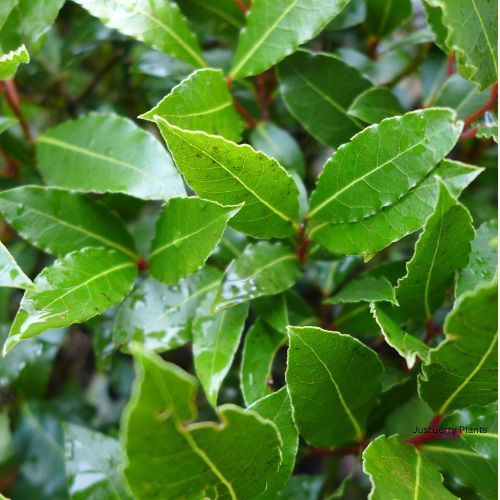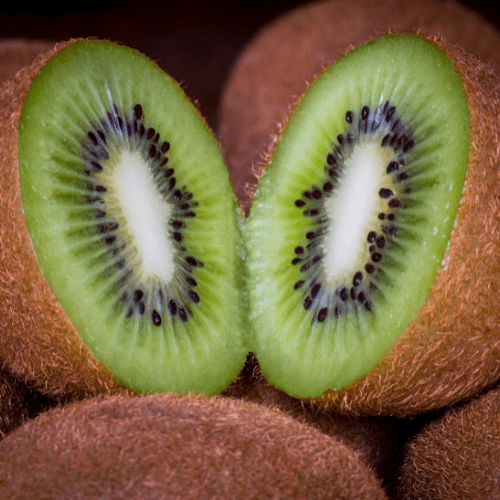Position
Plant your apricot tree in a spot that will get full sun for the best fruits. They can tolerate some shade, but they will yield more fruit and grow more vigorously with more sun.
Size
Apricot trees can grow to about 8 to 10 mts tall. Plan the site before planting them, keeping the tree away from external walls, electrical lines, and other trees. Plant it in a protected area, if possible, as strong winds can damage branches and leaves.
Soil Type
Apricot trees can thrive in most well-draining soils but prefer slightly acidic soil. Loosen the ground in the area before planting the tree, about 1.5 mts deep in your regular garden soil.
Mulching
Add a thick layer of pine bark mulch, keeping it about 20 to 30 centimetres away from the tree trunk itself (any closer and it may cause excess moisture to damage the trunk). This will retain the moisture in the soil and will prevent weeds from taking over.
Watering
Water your apricot tree every second day after transplanting it for the first week. Thereafter, reduce watering to twice a week in dry or hot weather for the next 2 to 3 months. Water it every couple of weeks in cooler weather if there is no rain. Too much water can cause root rot, but do not allow the roots to dry out completely.
Fertilising
Use our slow-release nitrogen-rich all plant fertiliser. Apply 1 teaspoon every 4-5 months. The roots will absorb what they require.
Pruning
Prune the top and sides of your apricot tree regularly in spring and early autumn to prevent it from growing too large. Pruning will also allow light into the tree’s center, making it easier to harvest the fruit. Remove dead or diseased branches completely whenever they appear and dispose of them promptly.
Thinning
Thinning fruit on apricot trees is essential for producing healthy, high-quality fruit. When trees produce too much fruit, they can become stressed, resulting in smaller, weaker fruits that are more susceptible to disease.
Thin the fruit in late spring to early summer, when the fruit is marble-sized. Avoid thinning too early to prevent unnecessary fruit drop.
Focus on removing smaller or poorly positioned fruits, especially those clustered together, leaving approximately 10 to 15 cm of space between each fruit. Also, remove any fruit showing signs of pests or disease to prevent the spread of issues.
Pests and Diseases
Watch for pests like aphids, tree borers, and spider mites.
Treat promptly or preferably use preventative measures by spray with agricultural Neem Oil or Effective Microorganisms (EM Control)
Spray EM Control regularly as a preventive against fruit flies. Start spraying the leaves as soon as they regrow in the Spring and continue when they start fruit-bearing.
Harvesting
Your apricots are ready to pick when they have changed colour from green to yellow-orange and are still firm but give in a bit under pressure. If you keep them at room temperature and away from direct sunlight, they will ripen after being picked.






